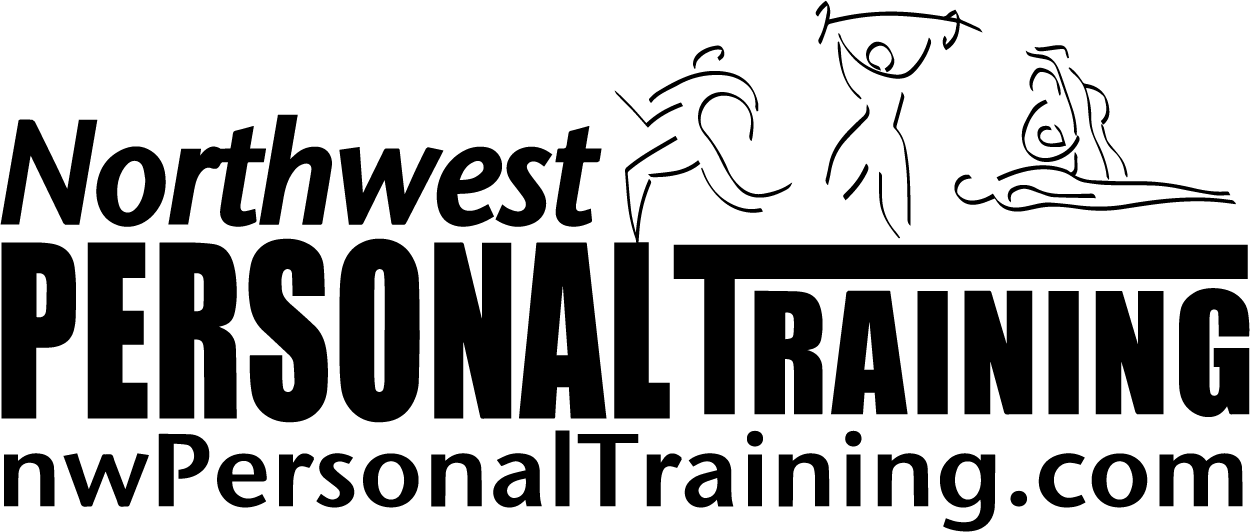We previously discussed Testosterone Replacement Therapy (TRT) for men. It may be surprising to learn that many women are now taking testosterone as part of their health plan too. Though commonly associated with male physiology, testosterone is found naturally within women and is the most abundant active sex steroid in women throughout the female lifespan. It is essential for her physical and mental health including her energy, libido, and mood.
It is now common practice for women to take estrogen and progesterone hormone therapy, however, many medical professionals are now also supporting women supplementing testosterone to achieve more youthful levels. With that said, testosterone therapy for women remains a topic of debate.
Don’t forget to sign up under “Weekly Fitness Tips” to automatically receive my latest blog post in your inbox!
Overview: determine if TRT might be a suitable option for you
 Benefits of Testosterone Therapy for Women:
Benefits of Testosterone Therapy for Women:
Enhanced Libido and Sexual Satisfaction
Similar to men, low testosterone levels in women can lead to a decreased sex drive and less satisfaction during sexual activity. Testosterone therapy can help revive sexual desire and improve overall sexual experience.’
Increased Energy and Reduced Fatigue
Women experiencing persistent fatigue and low energy levels, particularly those in menopause or post-menopause, might benefit from testosterone therapy, which can help restore vitality and reduce feelings of tiredness.
Improved Mood and Mental Clarity
Testosterone can positively influence mood and cognitive functions. Women on testosterone therapy often report better mental clarity, reduced symptoms of depression, and a general sense of well-being.
Muscle Mass and Strength
Testosterone contributes to muscle growth and strength. Women receiving therapy may notice increased muscle mass and improved physical performance, aiding in better overall health and fitness.
Bone Density
As women age, particularly after menopause, bone density tends to decrease, raising the risk of osteoporosis. Testosterone therapy can help maintain or improve bone density, reducing the likelihood of fractures.
Risks of Testosterone Therapy for Women
There are many perceived risks associated with testosterone therapy for women including masculinization, cardiovascular risks, mood swings, emotional changes, hormonal imbalance and more.
With that said, a 2013 Review of the Literature in the Scientific Journal Maturitas titled “Testosterone therapy in women: Myths and misconceptions” by Rebecca Glaser and Constantine Dimitrakakis provided scientific evidence to question many of these myths. The authors encourage physicians to abandon the misconceptions associated with testosterone therapy, to provide evidence-based recommendations, and to fully understand proper dosing and delivery of testosterone therapy to help their patients decide if testosterone therapy is a treatment they should pursue to achieve optimal health.
Determining If You Are an Ideal Candidate
To assess if testosterone therapy is right for you, consider the following steps:
Medical Evaluation
Begin with a comprehensive medical evaluation, including a detailed history and physical exam, to rule out other causes of symptoms and determine baseline hormone levels.
Blood Tests
Measure testosterone and other relevant hormone levels. Low testosterone should be confirmed with blood tests taken at different times.
Symptom Analysis
Evaluate symptoms such as low libido, fatigue, mood changes, and decreased muscle mass, and consider how they impact your quality of life.
Consultation with a Specialist
Discuss the potential benefits and risks with a healthcare provider specializing in hormone therapy, such as an endocrinologist or gynecologist, to tailor a plan suited to your individual health needs.
Regular Monitoring
If you start testosterone therapy, regular follow-ups and monitoring are essential to adjust dosages and manage any potential risks effectively.
Testosterone therapy can be a valuable tool for improving women’s health and quality of life, but it requires a thoughtful and personalized approach. Consulting with knowledgeable healthcare professionals and carefully weighing the benefits and risks is crucial for making an informed decision.
Yours in health & fitness,
Sherri McMillan



